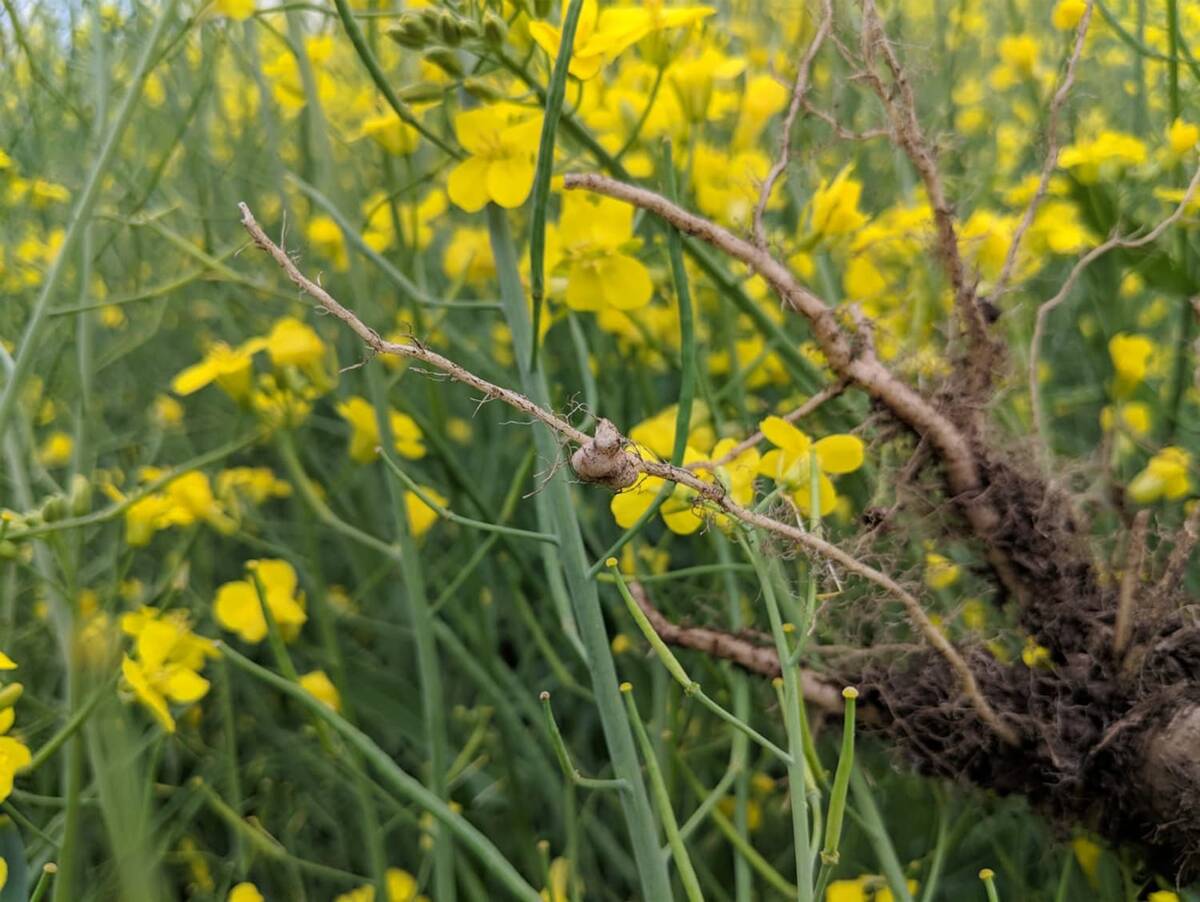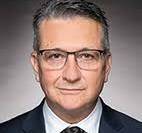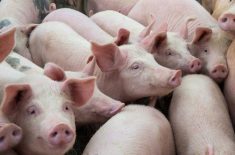A new Saskatchewan company is counting on new technology to bring a share of the pulse crop business its way.
Crown Ag International of Regina is building a processing plant in that city that should be open by March.
President and chief executive officer Don Loewen said the plant’s technology will make it stand out among the province’s approximately 130 special crop plants.
“Our competitive edge is our computer color imaging,” said Loewen, former CEO of Saskatchewan Wheat Pool.
“Nobody has the technology that we have to sort (pulses) in such a way that we can provide uniform quality. It’s substantively more effective in sorting out poor quality from better quality product.”
Read Also

Going beyond “Resistant” on crop seed labels
Variety resistance is getting more specific on crop disease pathogens, but that information must be conveyed in a way that actually helps producers make rotation decisions.
Sheldon and Laverne Affleck, brothers who farm at Rocanville, Sask., developed the technology over the last 15 years.
They also own 51 percent of Crown Ag International, which was formed last Sept. 15. Crown Capital Partners Inc., a venture capital company, owns the rest.
The company is spending $7 million on the building, land and equipment, Loewen said.
“We’re going to be cleaning and sizing and sorting and packaging pulse crops, focusing on chickpeas,” he said. “They really lend themselves to our technology.”
The plant will be able to sort all types of pulse crops, including lentils and beans.
Loewen expects it will employ between 20 and 30 people at first.
The initial capacity will be 100,000 tonnes per year, making it one of the larger plants in the province.
Loewen said the company expects to buy product mainly from Saskatchewan.
“We may pull some from Manitoba or some from the U.S., but well over 90 percent of our sourcing will be in Saskatchewan.”
















